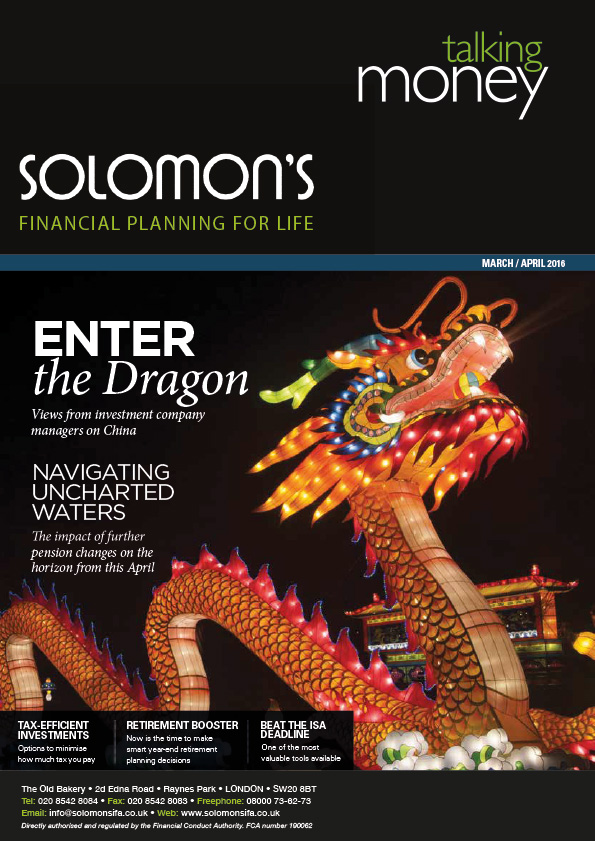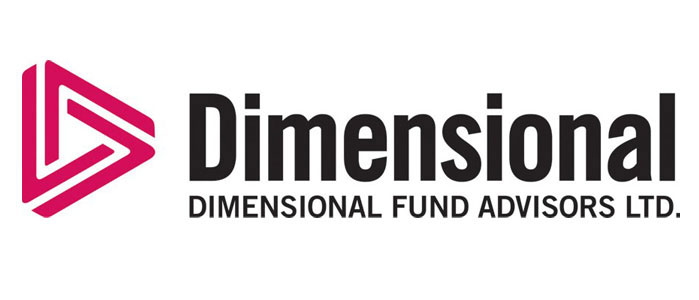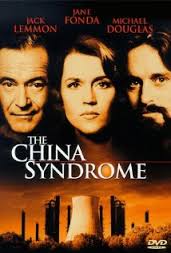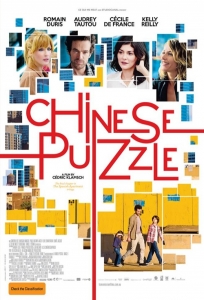Black Mirror – Nosedive

Black Mirror – Nosedive
The new series of Black Mirror has been released (21 October 2016) on Netflix and is a bit of a cross between Tales of the Unexpected and The Twilight Zone…. Remember them? If you do, then there is a fair chance that you will have had more than your fair share of adopting new technology over the years and Black Mirror is a small leap of the imagination into a future that is almost within our reach.
Nosedive, the first episode of the new series from the writer Charlie Brooker provides plenty of food for thought for those of us that use social media. Irrespective of who you are, there is something very satisfying about having a post or tweet “liked” or “retweeted” – a sense that you are being heard. Of course for small and large business, your social media marketing strategy is all about trying to engage people, both prospective clients and existing ones. This blog is no different.
Brooker draws out attention to the insatiable underlying desire for approval that underpins this and reflects a future society (not very much in the future) where “service with a smile” and the constant demand for ratings and feedback result in desperate collective anxiety and need to fake it in order to gain approval. Not only approval, but the point-scoring system acts as the new form of societal sorting and classification of us all.



Are you getting feedback?
I thoroughly enjoyed his take on this rather dystopian future, of a world addicted to handsets and a numbing or removing of real experiences and interactions. I’m sure that if you shop online, you now get a request for some feedback. As with many things this was intended to be for our good – a chance to engage and improve services, yet it has become so widespread it now simply feels needy, like some spoiled child constantly asking for approval.
Here at Solomons are guilty of this too. We ask for feedback and comments – and for you to share posts, tweets and so on. This is now all part of helping spread the word about the business and how we help clients, how we bring value. That said, it can become very irritating (hence we try to limit our “neediness”).
Rage against the machine
I guess this reflects the changing nature of relationships between us all and the organisations that we use. Seeing people rant online, whether about Donald Trump, Hilary Clinton, Southern Rail or Brexit is at least raw and exposing, of course great care needs to be taken, but in Nosedive, we are faced with a “sanitized” society where genuine emotion, thought or comment is parked firmly out of sight, to the point where who you are seen to be and with are more important than who you are.
At least here in 2016 we continue to help our clients verbalise and express their true values, not simply those that are deemed “acceptable”. Its funny how often I ask people when they plan to retire and they invariably say 65 – which used to be the default State pension age, as though this is an appropriate “date”. The truth is that you can “retire” whenever you want – or not at all and why here at Solomons we prefer to use the term financial freedom day – when you choose to work, not because you have to, but because you want to.
Here’s a bit about Nosedive.
Dominic Thomas
Solomons IFA
You can read more articles about Pensions, Wealth Management, Retirement, Investments, Financial Planning and Estate Planning on my blog which gets updated every week. If you would like to talk to me about your personal wealth planning and how we can make you stay wealthier for longer then please get in touch by calling 08000 736 273 or email info@solomonsifa.co.uk










